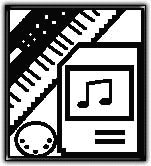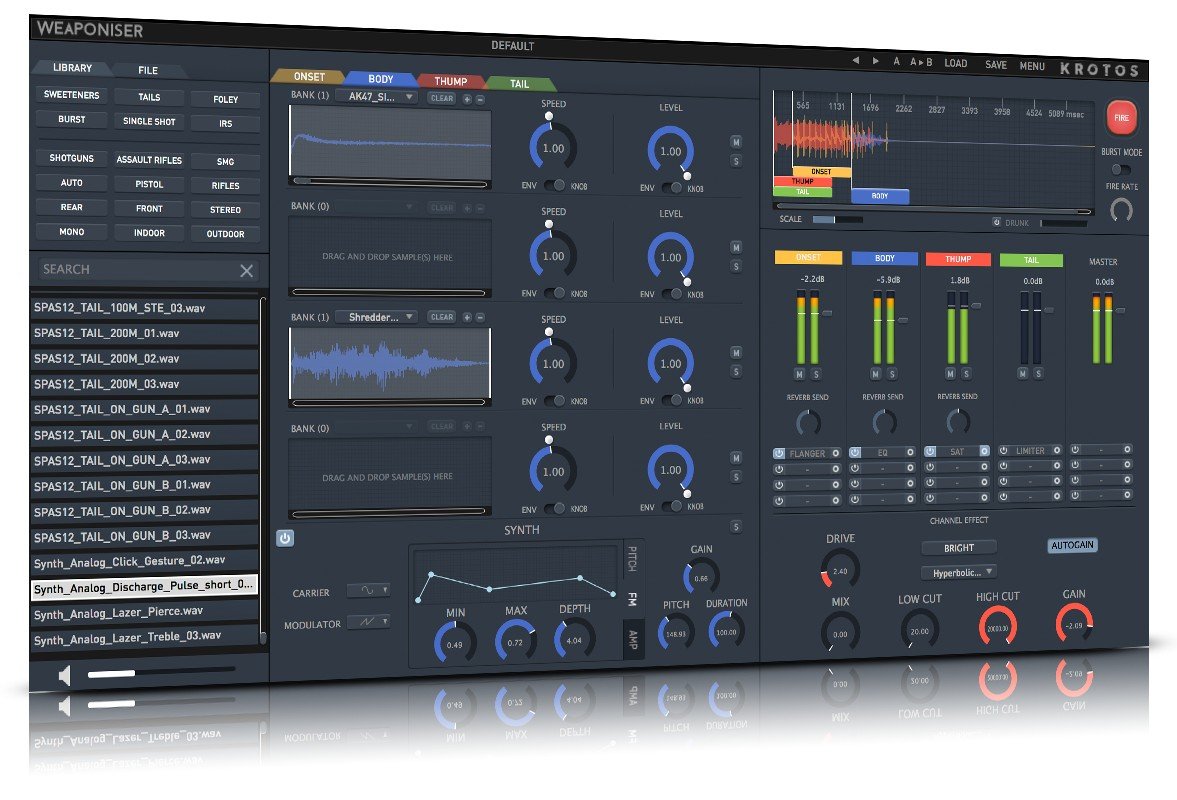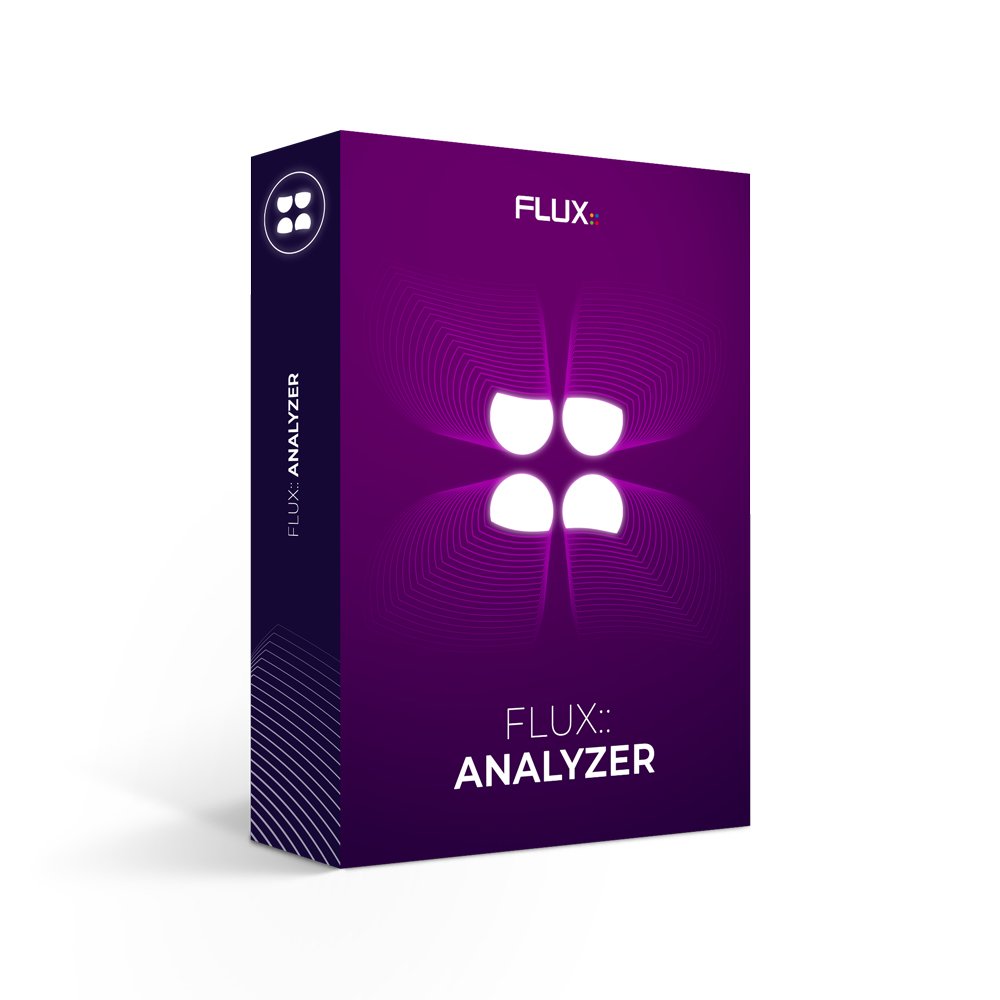This Peavey SP Sample Player is in good condition. Comes from a smoke free studio.
Specs:
- 16-bit sample player manufactured by Peavey Electronics Corp. from 1989 to 1991.
- 16 note polyphony (mono samples), 8 note polyphony (stereo samples).
- Sample Rate adjustable from 12 kHz. to 48 kHz.
- Four outputs with full panning configurable as: two stereo pairs, two mono outs and one stereo pair, or four mono outs.
- Comes standard with 2 M of memory; can be expanded to 32 M for a total of 190 sec. stereo or 380 sec. mono ( @44.1 kHz.).
- Uses Macintosh 30 pin (non-parity) SIMM's ; 1 or 4 M (in pairs).
- Loads samples via: SCSI, floppy disk, or audio from the SX / SXII.
- MIDI : 16 part multi-timbrial; omni, poly, and multi modes.
- MIDI In, Thru, and Out ports.
- Dual 25 pin SCSI connectors, internal termination on or off via internal DIP resistor networks.
- Multiple units can be cascaded to increase memory and polyphony.
- 200 Waves, 200 Tones, 128 Maps, 128 Presets.
- Architecture: Waves-Tones-Maps-Presets-Global.
- Wave Parameters include: Forward Looping, Stereo Merge of two mono samples into one stereo sample,Wave naming, tuning, and copying.
- Tone parameters include: DCO, DCA, and DCF with fully assignable modulation sources,adjustable modulation polarity, three stage envelope, passive filters, panning, assignable LFO, wave start modulation, Tone naming and copying.
- Map parameters include: zone width, tone assign, transposition, volume, pan, output assign, 8 voice allocation groups, Map naming and copying.
- Preset parameters include: controller assignments, Map layering, detuning, crossfading, velocity switching, range switching, maximum polyphony, voice allocation, pitch bend and transpose amounts, master DCF, DCA, pan and filter cutoff, Preset naming and copying.
- Global parameters include: MIDI receive mode, Multi mode edit, SCSI parameters, Master Tuning and Volume, Note and Display Options.
- Supports SMDI (SCSI Musical Data Interchange).
- Pros: Clean sound, expandable to 32 M, easy to edit, 8-way velocity switching, reads Akai S-1000 data, inexpensive, separate sampling and playback units, SCSI, SMDI, one rack space.
- Cons: Passive filters, 16 note polyphony, no sample reverse, no effects, only reads Akai S-1000 data, only supports forward looping, four outputs.
This product was added to our catalog on Friday 18 January, 2019.





